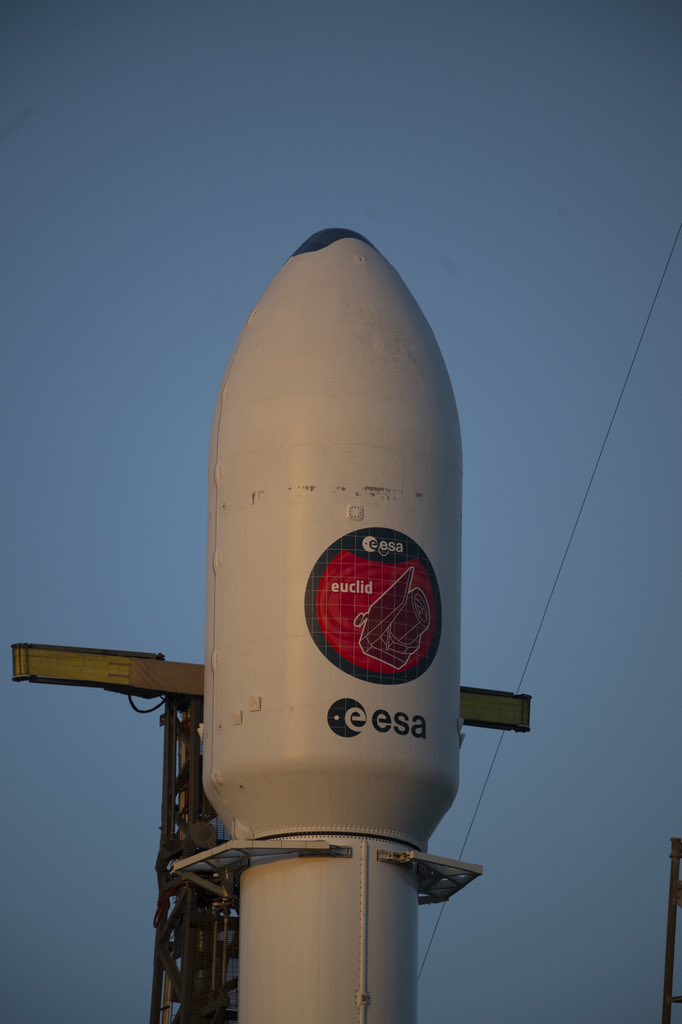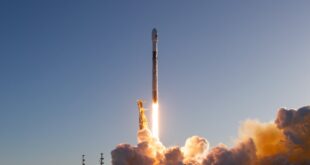
Ibadan, 3 July 2023. – The European Space Agency has launched the Euclid Space Telescope, an orbital telescope built to shed light on mysterious cosmic phenomena known as dark energy and dark matter. The space telescope launched aboard a Falcon 9 rocket at 11:12 a.m. EDT (15:12 GMT) from Cape Canaveral Space Force Station, Florida, United States of America. The mission has cost about $1.4 billion and has a design lifespan of about six years. Furthermore, the Agency expects it to transform astrophysics and potentially the understanding of the very nature of gravity itself.
The mission monitors two foundational aspects of the dark universe. The first, dark matter, is the invisible but theoretically influential cosmic scaffolding that theoretically gives shape and texture to the cosmos. The other is dark energy, an equally enigmatic and mysterious force that potentially explains why the expansion of the universe, as scientists learned in the 1990s, has long been accelerating.
After launch, ESA mission control performed a trajectory correction maneuver to guide Euclid through its journey to ‘Lagrange Point 2.’ This is one of five points around the Sun and Earth where the gravitational forces between the two bodies balance out, creating gravitational ‘plateaus’ around which objects can orbit stably without too much work to keep them in place.
In this gravitational state of plateau, ESA’s new space telescope will join the Agency’s Gaia telescope and the NASA/ESA/CSA James Webb Space Telescope. Furthermore, it will send back a record amount of data via ESA’s Estrack network of ground stations across the globe about details on the early Universe and its evolution. In addition, this journey will compromise an average distance of 1.5 million km from Earth.





